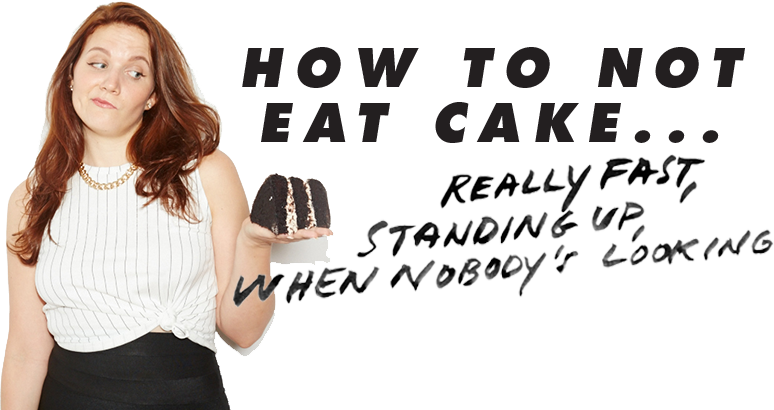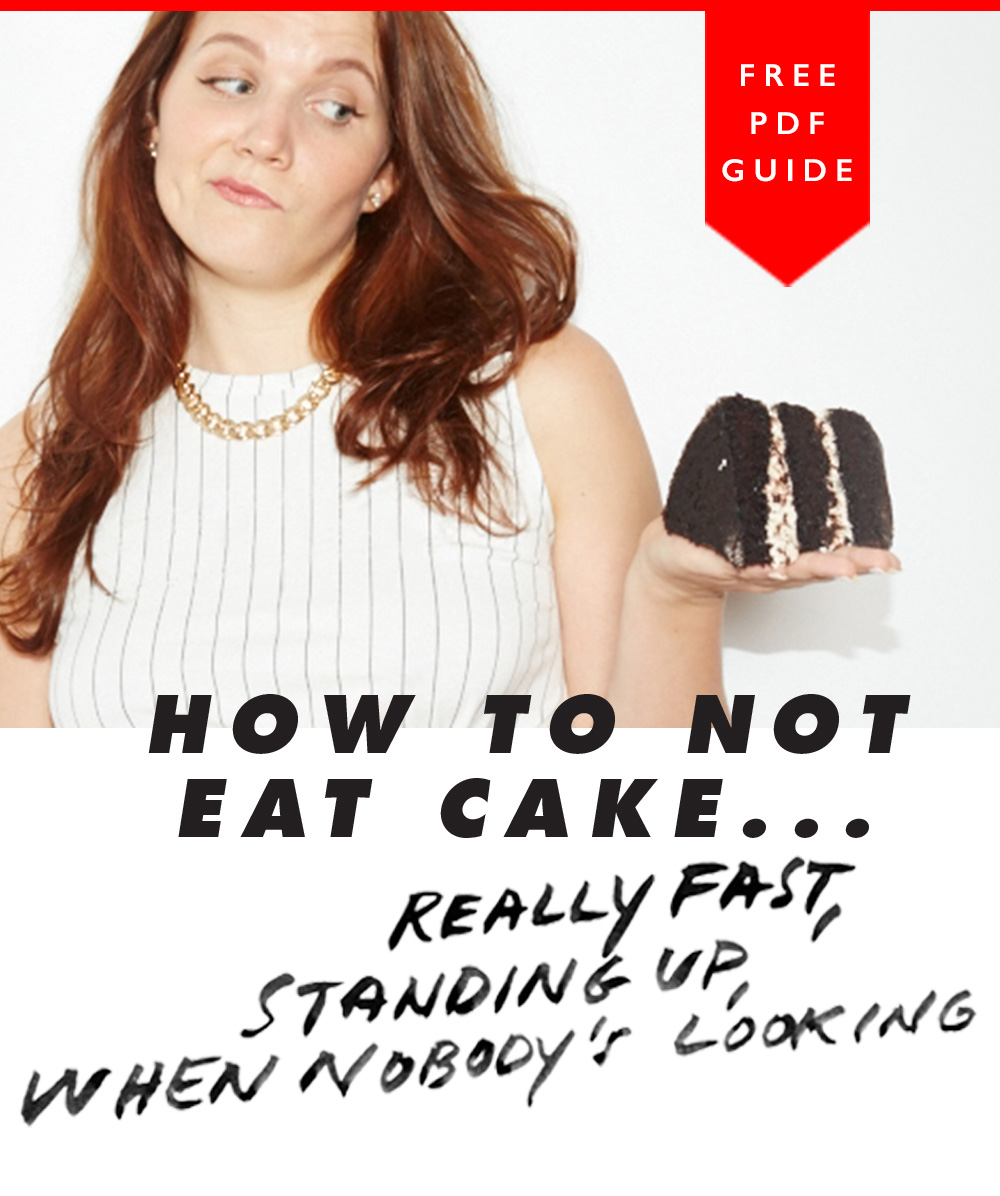How to do “health” without dieting
“How do I make ‘healthy’ choices without falling back into diet-mentality?”
This is a big question (which I cover at length in my coaching programs), but here are some key conceptsto consider when addressing this important question, as well as some of my most popular blog posts on this topic:
#1 – CHECK YOUR MOTIVATIONS
The most common reason that attempts at ‘health’ fall apart, is that people confuse—or commingle—their desire for healthwith their desire for thinness.
Making ‘healthful’ choices for the sake of actual health(e.g. balanced blood sugar, increased energy, improved digestion, etc.) is a very different biological and psychological process than making ‘healthful’ choices for the purpose of weight control (a.k.a. dieting).
Confusing these two motivations—or letting hopes of thinness interfere with your health decisions—is one of the most common causes of rebound, obsessive thoughts, binge-eating, and/or “falling off the wagon.”
#2 – “HEALTH” must include “MENTAL HEALTH”
Diet culture trains us to focus on food choices as the predominant determinant of health…when in reality, food choices are only a sliver of the pie.It is widely evidenced that stress, stigma, and our emotional world play an enormous role in our physical health outcomes…not to mention our general happiness, which in my opinion, is the whole point of pursuing health, to begin with.
If your pursuit of health is making you stressed out or unhappy, it’s time to seriously reconsider your definition of health—to one that includes *mental health* and quality of life.Our pursuit of health should support our happiness and well-being, not compromise it. This may mean having a cupcake for no reason sometimes, and it will definitely mean learning to let go “imperfect” health choices when (not if) they occur.
#3 – HEALTH IS NOT A MORAL ISSUE
Even if you are approaching health from a *truly* weight-neutral lens (which is unlikely…I have yet to meet a client who wasn’t struggling with some form of fatphobia), you may still fall into “on-and-off-the-wagon” thinking if you feel emotionally attachedto performing health “correctly.”
In other words, if you feel anxious or badly about yourself when you make “unhealthful” choices…be prepared to feel stressed out around food frequently…and possibly rebound as a result.
#4 – HEALTH IS A SPECTRUM, NOT A BINARY
Approaching “health” as a binary— that is,
a thing we can achieve or failat,
a thing that is black or white,
a wagon we can fall on or off of,
is not a useful or realistic paradigm.
It’s more accurate to understand health as something that’s constantly moving and changing on a spectrum basis—a continuous gray area that we’re swimming around in all the time.
Learning to live comfortably “in the gray” is critical for both sanity and sustainability.
#5 – DOING “HEALTHY” THINGS IS EASIER THAN NOT DOING “UNHEALTHY” THINGS.
If you’re in early recovery from what I like to call “post-diet-stress,” restriction for any reason (including weight-neutral ‘health’) may not be entirely realistic for you right now. And that’s okay—you have to meet yourself where you are.
That being said, there are so many ways to improve health (including food-related conditions, like diabetes) that have *nothing* to do with restriction.For instance, moving your body, getting lots of fiber/protein, eating regular meals, etc., are all things you can ADDinto your life to help manage blood sugar, for instance, without actively restricting anything.
This may sound simplistic, but I feel compelled to point it out since so many recovering dieters immediately leap to what they should “take out” when pursuing health—as if restriction were the *only* way to improve health markers.
The adage,“health isn’t all about avoiding things that make us feel bad—it’s also about adding in things that make us feel good,” is especially important for those recovering from “post-diet stress,” who may not be able to handle restriction (even for ‘health’ purposes)all that well.
Was this post helpful? For more insights on having a “normal,” non-crazy-making relationship with food, check out my free video training series here.
Also, if you’re struggling with binge eating specifically, make sure to check out this important post: How To Stop Binge Eating for good.

